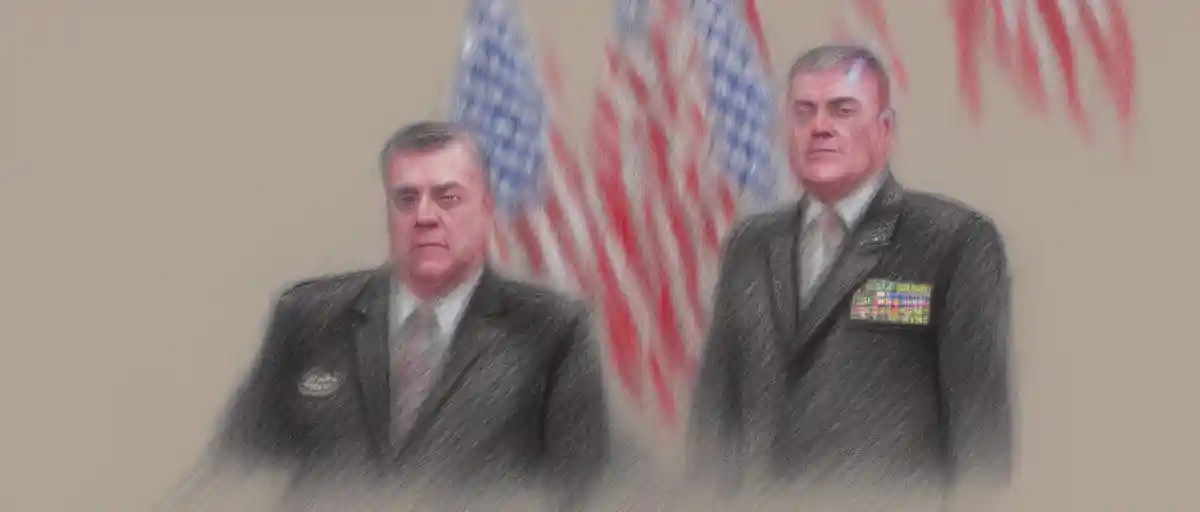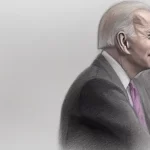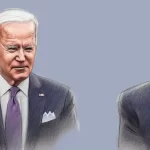This Could Also Be Right Up Your Alley:
Explosive Allegations Surface: Did General Milley Betray His Duty?
General Mark Milley, chairman of the Joint Chiefs of Staff, recently addressed allegations surrounding his actions during the final days of the Trump administration. His statement defending his actions brings forth a crucial debate regarding the appropriateness and effectiveness of his communication with foreign counterparts.
At first, supporters argue that General Milley’s secret calls were necessary for maintaining stability and preventing potential conflicts. They highlight the importance of open lines of dialogue with senior military officials from other nations as a means to prevent miscalculations or misunderstandings that could escalate tensions. General Milley’s assertion that his actions were grounded in established protocols and procedures lends credence to their argument. Furthermore, the events of January 6th, 2021, with the violent attack on the U.S. Capitol, underscore the urgency for ensuring the security of the inauguration process and safeguarding the constitutional order. In this perspective, General Milley’s communications were a strategic move aimed at reassuring foreign counterparts of the United States’ commitment to a peaceful transfer of power.
However, critics question the propriety of General Milley’s actions, particularly in making secret phone calls without proper authorization. They argue that such decisions should be made collectively within the administration and authorized through appropriate channels. Additionally, concerns are raised about the potential strain on diplomatic relationships if these actions were not conducted in a fully transparent manner. Critics contend that General Milley may have overstepped his bounds and infringed upon the chain of command.
In the face of these differing perspectives, it is essential to carefully weigh the arguments presented. In a complex and rapidly evolving global landscape, maintaining open lines of communication is undoubtedly crucial for national security. General Milley’s assertion that his actions adhered to established protocols signals a commitment to following procedure. However, he must also address concerns over the lack of transparency and potential dangers in deviating from proper authorization channels.
While General Milley’s intentions might have been rooted in securing the stability of the government, it is important to ensure that such decisions are made collectively and with proper oversight. Claiming that the ends justify the means is a slippery slope that challenges the principles of democratic governance.
Ultimately, the full extent of General Milley’s actions and their consequences may only be fully understood with access to all the relevant information. As the debate continues, it is vital to maintain an open dialogue, respecting the complexities of national security while upholding the principles of democratic governance. The role of military officials in safeguarding the nation’s stability requires careful scrutiny, ensuring that actions taken are justified, ethical, and accountable to the American people.
Here's A Video We Thought You Might Also Like:
Author Profile

- As a business reporter, I thrive on dissecting complex financial matters, including their political implications. My articles explore how economic policies and political decisions shape the business landscape.
Latest entries
 Breaking News2023.12.19Revealing the Biden Family’s Troubling Tax Secrets A Closer Look Inside Their Financial History
Breaking News2023.12.19Revealing the Biden Family’s Troubling Tax Secrets A Closer Look Inside Their Financial History Breaking News2023.12.18Congressman Barr Endorses Trump The Impact on Kentucky and America
Breaking News2023.12.18Congressman Barr Endorses Trump The Impact on Kentucky and America Breaking News2023.12.17Top Official Quits Biden’s EV Agenda Amid Republican Opposition – What’s Next
Breaking News2023.12.17Top Official Quits Biden’s EV Agenda Amid Republican Opposition – What’s Next Breaking News2023.12.15Stunning Divide Among Senate Democrats Revealed in Border Talks!
Breaking News2023.12.15Stunning Divide Among Senate Democrats Revealed in Border Talks!






